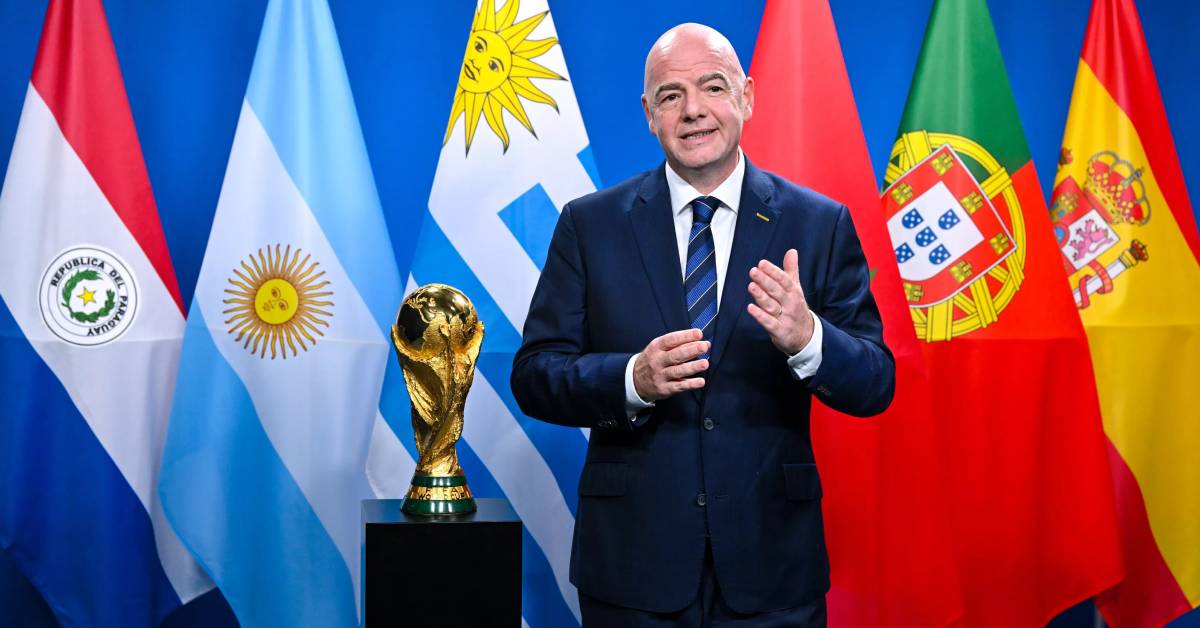As the race for hosting the final of the 2030 FIFA World Cup intensifies, Rafael Louzan, president of the Royal Spanish Football Federation (RFEF), has made it clear that Spain is not backing down in its quest for this prestigious event. In a recent forum hosted by the Madrid-based newspaper Marca, Louzan emphasized Spain’s commitment to securing the final, which will be co-hosted with Morocco and Portugal.
Context of the Bidding War
The upcoming World Cup marks a historic moment as it will be the first edition held across three countries. While Morocco and Portugal bring their unique strengths to the table, Louzan’s statement reveals Spain’s confidence, asserting that they hold a significant majority of the organizational rights—55% to be exact. This strategic advantage could prove critical as nations prepare their bids for what Louzan believes will be “the best World Cup ever organized.”
Spain’s Stronghold on Hosting Rights
Louzan has pointedly suggested that if Spain were to host the final, iconic venues such as Santiago Bernabéu Stadium in Madrid or Camp Nou in Barcelona would be top contenders, overshadowing Morocco’s plans for a new stadium in Benslimane. This assertion not only highlights Spain’s rich footballing heritage but also raises questions about the global perception of African football venues.
The potential clash between Spain and Morocco is more than just a battle for venue prestige; it’s indicative of a broader narrative surrounding Africa’s growing influence in international football. With recent successes at various levels—such as Morocco reaching the semifinals of the 2022 FIFA World Cup—there is an undeniable shift towards recognizing African nations’ capabilities on this grand stage.
Tactical Insights: A Look at Hosting Potential
If Morocco aims to make its mark as a legitimate contender, it must showcase not just infrastructure but also its ability to manage large-scale events efficiently. The development of facilities and logistical frameworks comparable to European standards will be crucial. Furthermore, with increased investment in youth academies and local leagues, Morocco can bolster its reputation as a footballing nation capable of hosting such significant events.
The African Perspective: Unity and Opportunity
The implications of this bidding war extend beyond mere logistics; they reflect a larger narrative about African representation in world sports. The potential for Morocco to host could inspire other nations on the continent to invest heavily in their sporting infrastructure and youth development programs. As African teams continue to rise on international stages, it is vital that they receive equal opportunities to showcase their capabilities.
A Bright Future Ahead for African Football
Looking ahead, both Morocco and Spain must prepare for an uphill battle not only against each other but also against rising expectations from fans across Africa and beyond. The stakes are high as both nations vie for an event that could solidify their legacies within world football.
The final decision regarding host rights may still be some time away; however, one thing is certain—African football continues to capture global attention and respect. As we watch these developments unfold, fans can only hope that this journey leads to greater recognition of Africa’s passion for football and its undeniable talent.

Leave a Reply